Bitcoin falls to new lows as stock markets correct — Did something break?
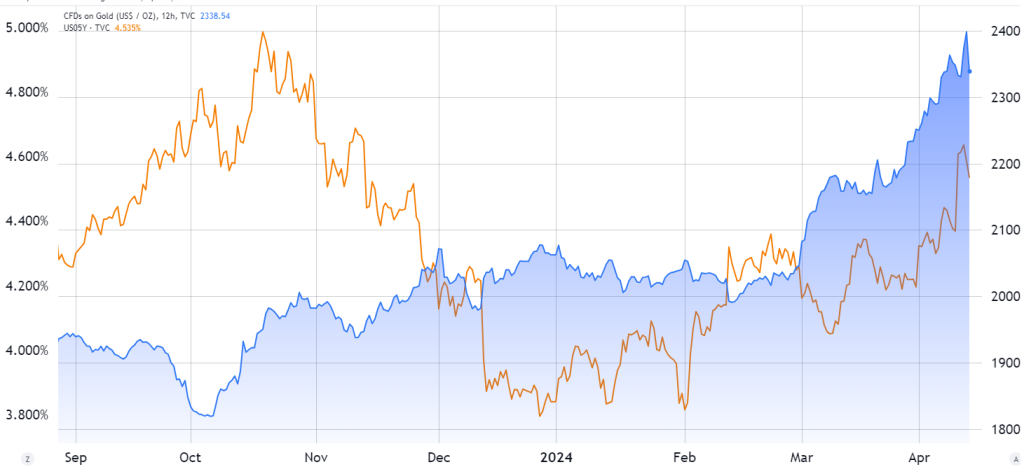
The crypto market sees a sharp correction as the U.S. stock market waves some concerning red flags.
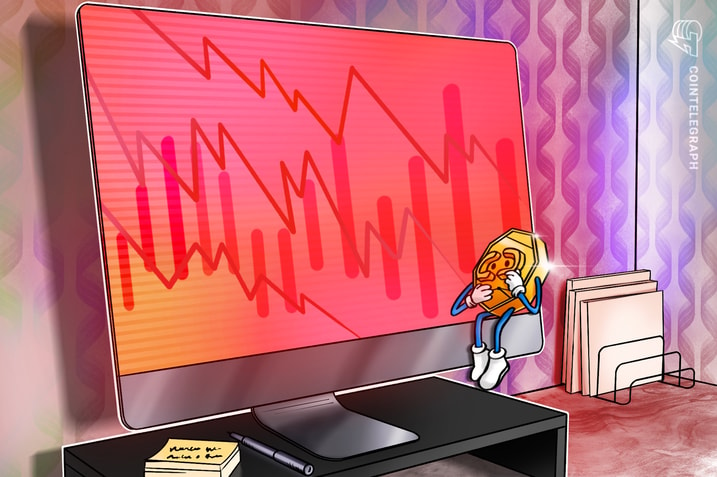
After reaching an all-time high on March 28, the S&P 500 has faltered, slipping below the 5,150-point threshold on April 12. Bitcoin (BTC) price has also reacted negatively within the same timeframe so it makes sense to analyze if the drivers for the stock market correction also apply to cryptocurrencies.
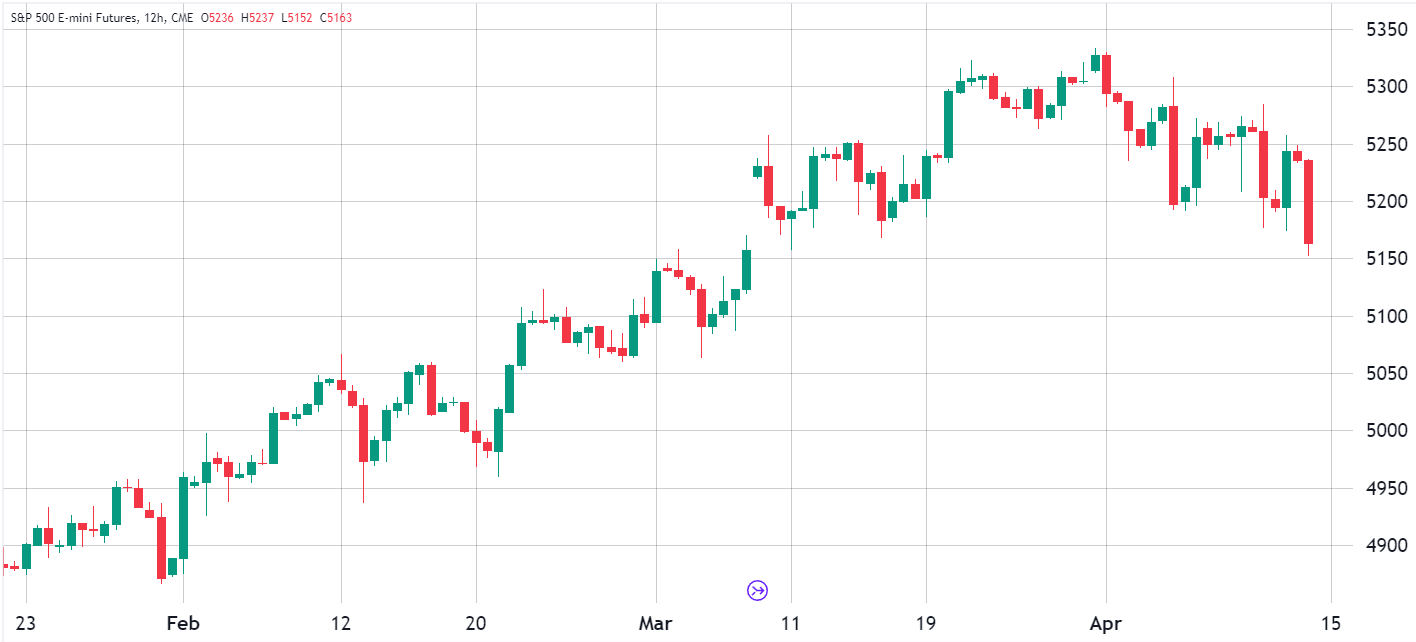
The S&P 500 index’s 2.9% dip from its peak of 5,333 may appear modest, but it marks the first time in four weeks that the U.S. stock market index has traded below 5,120. Persistently high inflation has led investors to doubt the Federal Reserve’s (Fed) ability to lower interest rates effectively throughout 2024.
Rising inflation and tighter U.S. Federal Reserve monetary policy are the drivers
On April 12, major U.S. financial institutions such as JPMorgan and Wells Fargo reported a 4% drop in quarterly net interest income. This figure represents the difference between what banks earn on their assets and what they pay to customers. This issue mirrors the challenges smaller banks faced in 2023, as noted by Yahoo Finance.
JPMorgan’s CFO, Jeremy Barnum, noted that customers are shifting from traditional savings accounts to higher-yielding alternatives like certificates of deposit (CDs). This shift helps explain why JPMorgan’s stock fell 5.7% on April 12, despite a 6% increase in net profits year-over-year for the first quarter. Additionally, JPMorgan CEO Jamie Dimon highlighted the risks posed by geopolitical tensions and further quantitative tightening by the Fed.
The primary reason for today’s stock market downturn is persistent inflation, prompting the central bank to maintain higher interest rates, thereby reducing liquidity. However, this scenario might be seen as inherently positive for Bitcoin, as, like gold, the cryptocurrency benefits from being a scarce asset. Gold reached an all-time high of $2,431 on April 12, yet this alone did not stir market concerns.
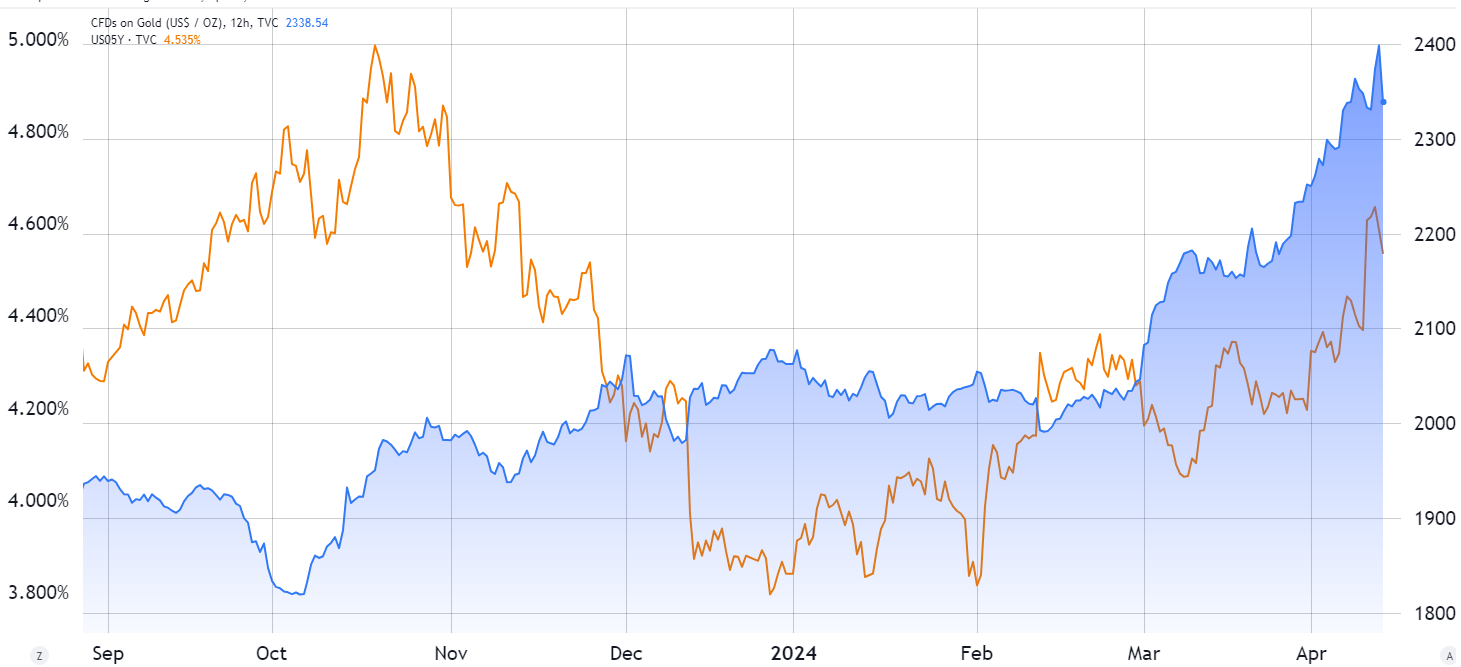
On April 10, the yield on the U.S. Treasury 5-year note climbed to its highest level in five months, signaling investor discontent with returns below 4.5% in light of the inflation outlook. This situation has two major repercussions: first, the government faces higher costs when refinancing its debt; second, companies are discouraged from hiring and expanding due to more attractive fixed-income returns.
As gold prices rise and investors seek higher yields in the U.S. Treasurys, it indicates a lack of confidence in the economies. Under such conditions, advocating for Bitcoin investments is challenging, regardless of inflation trends. With only a minority of market participants viewing Bitcoin as a safe haven, suggesting that the cryptocurrency could flourish during a stock market downturn is speculative at best.
The global economy could falter if China’s economic growth fades
In addition to the stricter Federal Reserve monetary policies and waning confidence in the U.S. economy, China is now a significant source of concern due to troubles in its real estate sector and recent disappointing foreign trade figures. China reported a 7.5% decrease in exports year-over-year in March, a more severe drop than the 2.3% decline forecasted, according to Yahoo Finance. Analysts are worried about overcapacity in some Chinese industries and do not foresee a rapid recovery soon, largely due to the ongoing crisis in the property sector.
Related: Fraud victims want China to recover $4.3B worth of Bitcoin seized by UK police
On April 10, Fitch’s rating agency downgraded China’s sovereign credit rating to negative as the country plans to issue $138 billion in long-term bonds to stimulate economic growth. Bloomberg noted on March 28 that banks in China reported bad loan property ratios as high as 5% at the end of 2023. Some of the largest real estate developers in the area, including Evergrande and Country Garden, have recently declared bankruptcy.
China introduces significant uncertainty into global markets, yet its effect on Bitcoin prices remains uncertain. Still, it would be overly optimistic to expect investors to increase their cryptocurrency holdings if the S&P 500 continues to decline.



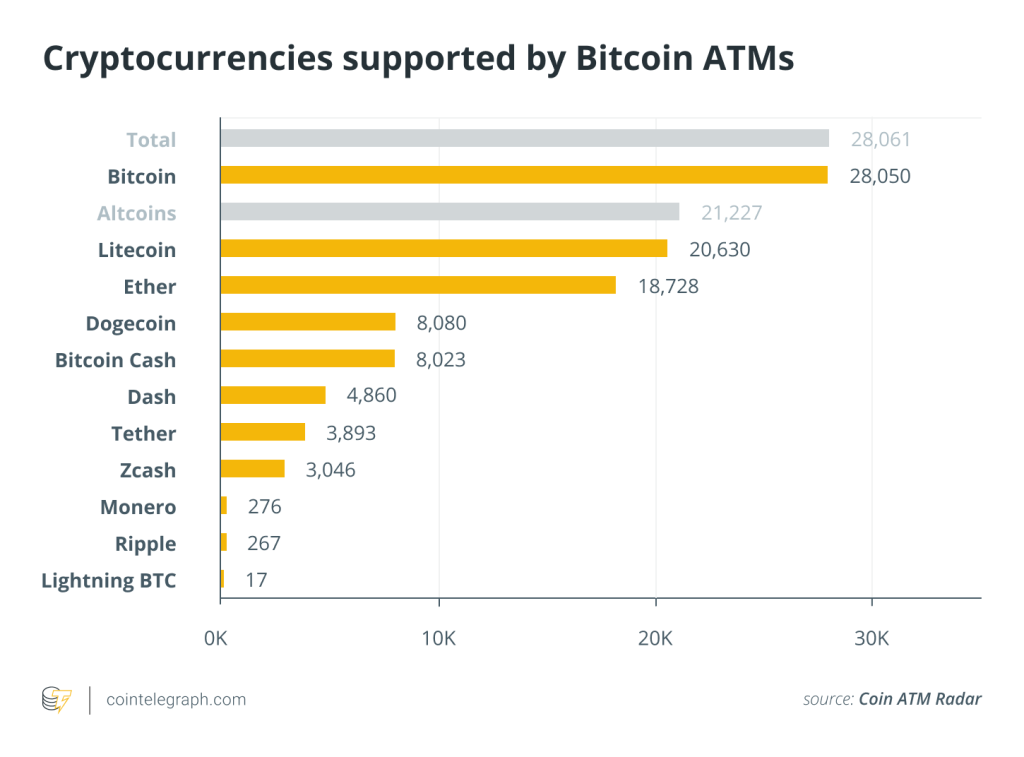


Responses